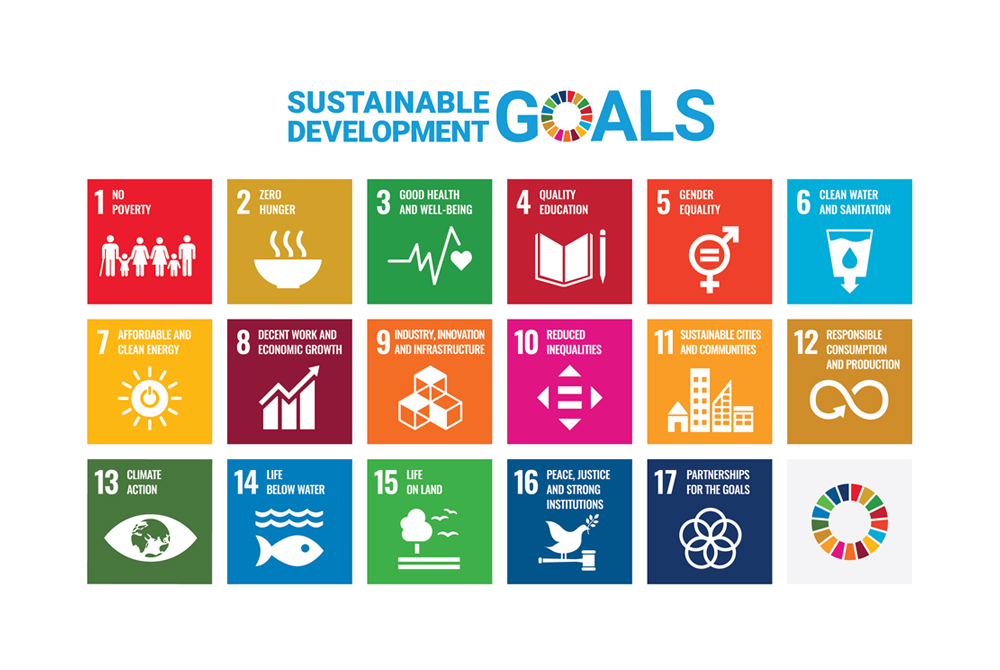From the Paddock to the Port+
Enhancing Bilateral Trade Relations: The ECTA Initiative
Discover how India and Australia are working towards quadrupling trade and deepening economic cooperation through the Economic Cooperation and Trade Agreement (ECTA). Explore the ambitious goals set by India’s Minister of Commerce and Industry, the pivotal role of the ECTA in achieving these goals, and how Connect is spearheading efforts to facilitate commercial interaction and drive mutual prosperity.

THE ECTA AND AGENDA 2030
North-Western Australia’s Agribusiness domain offers Austral-Indus consortium investors a unique and diverse range of ESG and food certification opportunities.
INDIGENOUS LAND USE AGREEMENTS (ILUAs)
North-Western Australia’s traditional, First Nations landowners, have title over large areas of well-watered, fertile lands, administered under state and/or federal First Nations corporations and/or Crown Reserves. Many of these First Nations corporations have historical and/or existing Agribusiness backgrounds. The traditional landowners of the Pilbara and the Kimberley regions are increasingly entering into ILUAs utilising Joint Venture arrangements between industry consortiums and First Nations corporations.
Investment
Since the signing of the ECTA on 02 April 2022, a group of Western Australian businessmen have been establishing a streamlined process to assist Austral-Indus investors and entrepreneurs to rapidly invest in Northern Australia’s Agribusiness domain. A particular commercial focus has been made around the sectoral and sub-sectoral areas of the ECTA Value Chain where the Agribusiness Supply Chain (the Paddock-to-the-Port) and Agribusiness Demand Chain (the Port-to-the-Plate), cross-over and require integrating.
INTELLECTUAL PROPERTY DEVELOPMENT (IPD)
A unique set of research opportunities exist around Australia and India working together to develop an IPD management program that will afford investors to leverage the perfecting, developing, and expanding of intellectual property rights associated with the science, technology, and business of cultivating food crops in both Australia and India.
Regulatory Cooperation
Enhancing regulatory cooperation between the two countries is another key objective. This involves aligning standards and regulations to facilitate trade and reduce compliance costs for businesses.